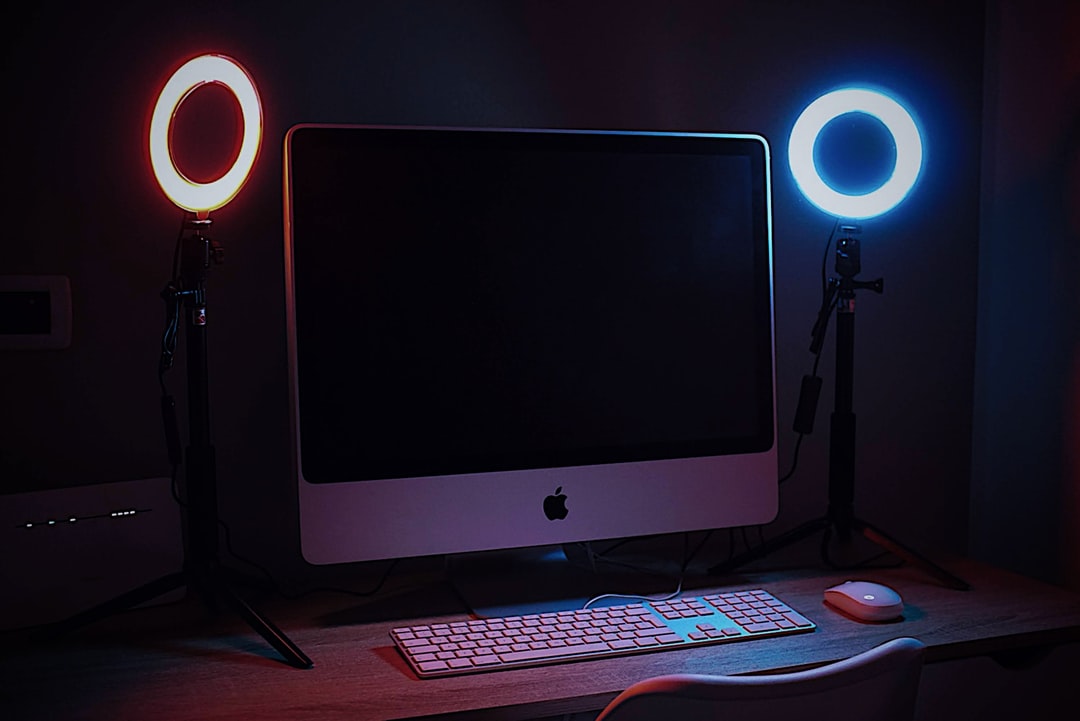
Quantum Computing Market 2021 Industry Trends and Forecast to 2026 | Honeywell, Accenture …
Industry Participants: CEO’s, V.P.‘s, Marketing/Product Managers, Market Intelligence Managers and, National Sales Managers. Latest published market … Read source
What is Quantum Computing?
The first quantum computers commercially available now. So, it seems like the right time to ask what exactly quantum computing is. After all, when people hear the word quantum, they tend to make a certain assumption.
Quantum computers are not quite like that, but they are different from the computers we use every day. There’s no point in trying to explain what quantum computing is without explaining a little about how computers work.
But to do that, we need a little bit of background on how computers work.
How Computers Work (Theoretically)
Computers process information in binary terms. So when you type in “I like pizza” into Google, it processes the information in binary terms. “I like pizza” is represented as 01000100 01100101 01101100 00100000 01010100 01101111 01110010 01100101 00100000 01010010 00111001. (You can see why it might be useful to have a shortcut.)
When you type in “I like pizza” into Google, Google is using something called a bit which is basically the smallest piece of information that can be processed by a computer. It is either 0 or 1, on or off, yes or no. That’s how computers work, at least in theory.
Quantum computers work differently in theory by using qubits instead of bits. A qubit (quantum bit) can be both 0 and 1 at the same time. Then when it is processed by the computer, it becomes either 0 or 1. The qubit can also represent multiple values at once with different probabilities. (For example, the qubit can be 90% 0 and 10% 1.) In fact, the nature of what a qubit is changes depending on how it is processed by the computer.
Why does that matter? Well, it means that qubits can process multiple values at once with different probabilities. A single computer with a single qubit could process multiple values at once and come up with a result that is far faster than any conventional computer.
That’s what makes quantum computing so much more powerful than any conventional computer. Quantum computers don’t use bits, they use qubits. And that’s what makes them so much more powerful.
A Quantum Computer is a Really, Really, Really Big Computer
If you’re picturing a quantum computer as something the size of a desktop PC, you’re way off. Even the quantum computers we’re working on at D-Wave are incredibly small. They are microscopic in size.
The D-Wave 2000Q quantum computer has about 2,000 qubits. That’s a very small number compared to the billions of bits in a standard desktop computer.
That said, even a small number of qubits can process an almost unlimited amount of information. You can think of it like your brain processing information. Your brain has about 100 billion neurons (or brain cells). That’s not a huge number compared to the billions of bits in a conventional computer. But it can process an almost unlimited amount of information.
There’s another reason why quantum computers are so much smaller than conventional computers. Conventional computers are made up of millions of transistors. Transistors are basically tiny electronic switches. A single transistor can only be in one state at a time—on or off. Transistors process information from one to another in binary terms. A single transistor is either on or off, 1 or 0, yes or no.
When you add millions of transistors together, you get something that looks like this:
A conventional computer is made up of millions of transistors that process information one bit at a time in binary terms from one to another in binary terms.
A quantum computer is made up of thousands of qubits that process information all at once with different probabilities in quantum terms all at once
So where do Quantum Computing fit into all this? 2000Q is a quantum computer with 2,000 qubits. That’s 2,000 qubits processing information all at once with different probabilities in quantum terms.